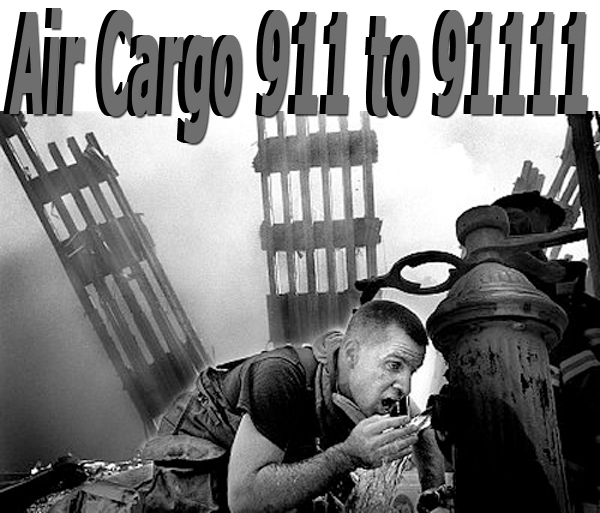
 Bill
Boesch Bill
Boesch
When the American
Airlines aircraft crashed into the World Trade Center, I was in Dallas
preparing to go to the airport to fly to an industry meeting on the
west coast. I immediately called the AA's Operations Center and was
told of the situation.
My first thought was for my daughter,
Robin, who worked on Wall Street. Her floor to ceiling windows faced
the World Trade Center and she saw the second aircraft hit as I was
talking to her. She evacuated the building and actually saw the buildings
collapse on the street. She lived in Soho and talked to me on her cell
phone as it was happening and she was walking home.
My second call was to my friend Julius
Maldutis who worked across the street from the World Trade Center. He
immediately left his office and made his way home to Long Island.
But the effect on these two people, what
they saw in this catastrophe, is still with them today.
My next calls were to military people
I know who worked in the Pentagon.
Fortunately all of them were OK, but shocked.
I knew then that the world would change
and security would be elevated to extraordinary levels, not only with
the airlines, but in many aspects of our lives.
For years I have been pushing that the
air cargo industry take on the task of security with the same intensity
that they had done for restrictive articles. I have lived through situations
where the UK had one set of rules and Germany had another. That may
be somewhat OK on the passenger side as passengers walk to and from
the aircraft themselves. But with air cargo that of course is not the
case and I believed the industry needed uniform global rules. Also,
as Bob Crandall said at an air cargo meeting, "Most people understand
more about the passenger side of the business than the cargo side as
they have been passengers on aircraft. But none of them are boxes so
their knowledge of air cargo is very limited."
Therefore I felt it was important for
the industry experts to immediately take the first steps, after 9/11,
to develop an elevated system for increased air cargo security and thereby
closely partner with the world governments in forming a worldwide standard
similar to what they did with Restricted Articles.
As the years passed the governments, airlines
and airfreight forwarders have worked together with the world governments
to form industry standards, which I fear will become even more restrictive
if another attack occurs. I would urge the industry to ask their governments
to work with the manufacturing industry to develop electronic devices
that will safely, quickly and economically examine air cargo.
The air cargo industry sells speed and
anything that decreases that speed will affect it. And even if speed
is decreased only by a small percentage, that will have a negative effect
on the industry. Therefore I believe the development of these devices
to maintain the speed of movement is vital to the air cargo industry.
Presently, I am in Iraq and Afghanistan
and see firsthand many types of cargo security, ranging from massive
truck X Ray machines to dogs smelling out various dangerous materials.
All of them significantly delay the movement of cargo even though the
U.S. government considers this a vital area.
I cannot believe that if we can walk
on the moon and land on asteroids and on Mars that we cannot develop
a fast, safe and economical device to protect ourselves from the people
who will do us harm through the movement of cargo.
One final thought: As a boy, I asked my
parents what they were doing when they heard about the attack on Pearl
Harbor on December 7th. I wonder if in the years to come my grandchildren
will ask my children where they were on 9/11?
|




